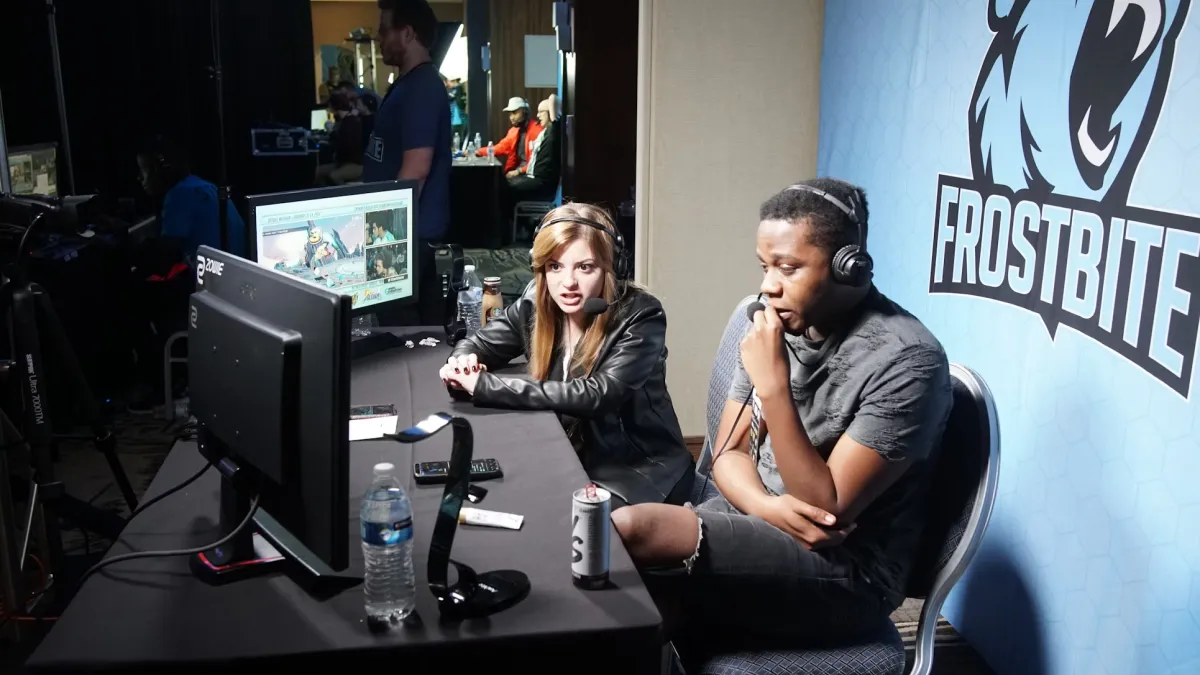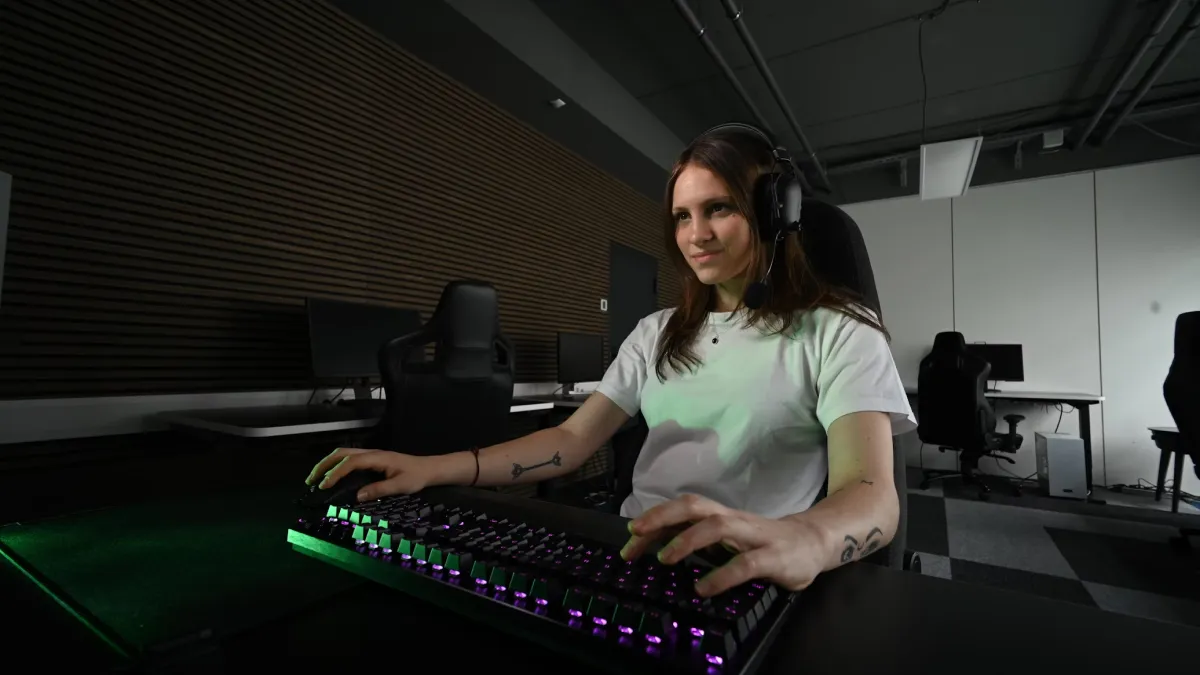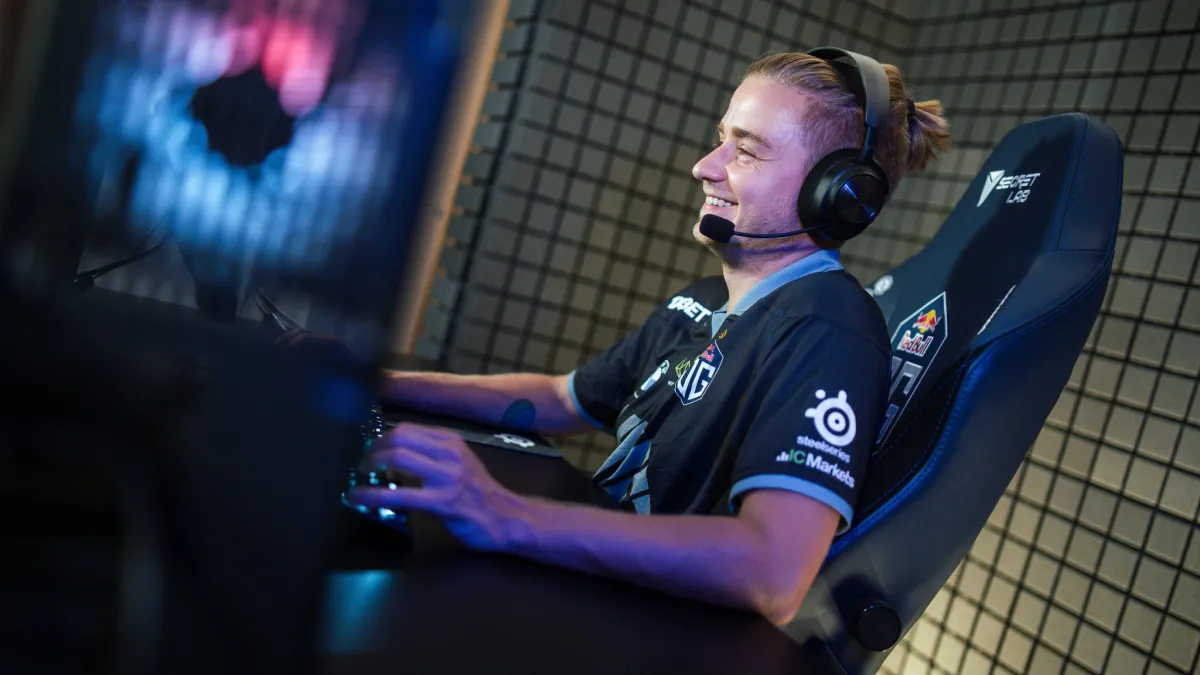7 Common Mistakes in eSports Contracts to Avoid

Esports, for those who grew up in the geek era which I am relatively part of that demographic has evolved from something nerdy to a multi-billion dollar industry and everyone wants a piece.
No matter if you are playing at home in your basement or on a professional stage streaming, the question is likely “How do I get that?”
However, before you get the idea of breaking into pro gaming and going on your merry way to play against some teams with a controller in hand, there is one little thing we need to discuss that could make or break it from becoming reality — contracts for eSports.
They may look less shiny than the trophy for winning the tournament itself, but believe me these achievements are just as essential.
Key Takeaways
- eSports Contracts Are Crucial: They detail from salaries and responsibilities, to guarantee players/team-bucks know what is going on.
- Player Obligations Are Real: Those long practice days, those early meetings and sponsor obligations. You get the idea; it’s not all fun and games.
- Non-Compete Clauses: You have to give your team some notice.minimum of a season before signing with another. Your contract might include a non-compete or similar provision that would prevent you from working with other teams, sponsors.
- Image Rights Matter: Much like their ‘physical’ counterparts, your online image has value Understand when your image may be used and whether you will get paid for it.
- Revenue Sharing: Perhaps one of the upcoming sites that have a high potential can be created is for players to share in prize winnings (or sponsorships and merchandise sales or any number of other revenue streams) but you won’t keep all the money this way.
- Termination & Renewal Clauses What happens if you leave or the contract is terminated early. There may be a buyout clause, and you need clarity on the renewal process.
- Read the Fine Print: Before signing anything, you should read your contract thoroughly. This is the bottom line of your eSports career, get everything figured out before you pen anything yet.
- Get Legal Advice: Take Legal Advice: If you find it confusing refer to the legal for keeping your head out of trouble. Better safe than sorry!
What’s in an eSports Contract?
An eSports contract is similar to everything in the fine print at the bottom of a “too good to be true” ad. You might be tempted to drop it, but please don’t. All that stuff will be laid out for you in a beautifully drafted contract: this is what we need from you, here’s how much money we’re going to pay you, and yeah they missed practice today so here are the penalties (good luck with those 10 hour daily practices!)
Perhaps most surprising is the fact that eSports contracts—despite their historical avoidance of unions—are surprisingly similar to those in traditional sports. The only twist? Usually these deals are gamer-centric in nature.
Overall things like “home game” probably go out the window in favor of online tournaments and sponsored live streams etc.
1. The Cool Stuff in Your Contract
That is where things get fun. In the end, getting paid to play is every gamers dream and all possible ways of earning needs to be covered by your contract.
- Salary: Between your agreements likely stating how much you will be paid, because high-end gaming setups and midnight snacks require some monetary source or another.
- Bonuses: Bonuses Performance based bonuses are popular. Win a tournament and youll soon have enough to buy you a new chair.
- Sponsorships: PR, we put the fun in your trip to Pocono. During a lot of eSports contracts, there are clauses asking you to wear sponsored gear or brands during your streams. So yea, you could get paid to wear your favorite hoodie and make your sponsors happy. Win-win!
2. Player Obligations: No Slacking Allowed
eSports: Winging it, simply doesn’t work Player Obligations – This will no doubt be covered in your contract
As to where that could translate into hours of practice, team meetings (no skipping out due from last nights grind even if you are half asleep), or promotional events. It is more like a job, except with less gaming; and no Excel sheets.
Guaranteed — if you’re not one to join a team, opt out of playing in a game that involves teams. This contracts loves that team spirit!
3. Player Restrictions: Keep it Exclusive
That sounds like it wight be a good thing? Like, many of them have non-compete clauses That mean you can’t just jump from team to Team wandering on the corner and getting signed by Somebody else.
It’s similar to a brand ambassador, you can’t be with one company pushing your own gaming brand over someone else is the closest we’d get.
One more thing remember, sponsors do not want their logos on the stream of someone else competing.
You have to be a label loyalist, abandoning old favourite snacks in favour of the new sponsor’s isotonic. Tough life, huh?
4. Image Rights: You’re the Star
Sports is one of the oldest industries in which athletes have been paid for their participation and image rights. Guess what? a People also do this on eSports contracts!
Your face on billboards or game ad hopefully, even your gaming alias grows to historic proportions. However, as all fine print goes — more often than not these rights are the property of a team or sponsor.
So, expect to see your face on everything from cereal boxes (all right, maybe not that one) to splash screens in the game.
Just so you know, if they end up using your picture, the little features or cash that accompany it are a bonus. So, be sure that you are aware of what awaits you before your ad star!
5. Revenue Sharing: It’s Not All About You (But You Do Get a Cut)
Now, on to the revenue-sharing portion. Besides, as is common with traditional sports today your team will earn proceeds from sponsors and merchandise alongside its streaming profits.
You, the star, get a piece of that pie (but not all of it; only whatever is left over after you hand out cuts to 22 other players and coach).
How about tournament prize pools? It often gets divided amongst the team although a small percentage of it goes to the syndicate/conglomerate.
It goes to great way in cultivating teamwork, but don’t count on retiring off a tournament win anytime soon — unless you are Faker levels of godlike.
6. Termination and Renewal: The Fine Print
With the possibility that your contract will up early if you retire prior to 2021 or be released outright, there is always a risk involved.
Most of the Time, Contracts Will Detail What Happens If You are Terminated Normally, is a buyout clause (that means that if the team decides to you out of contract there will pay you)
Conversely, contracts also describe renewal. If you are killing it, and your team wants you again, the odds of them wanting to keep you around should be high.
7. Final Thoughts: Read Your Contract (Seriously)
The story of the ever changing world of eSports contracts is quite an interesting tale but do not forgot to solidify those good times inside a highly marketable contract!
You need to know what you are in for before putting pen on paper. But remember this isn’t just a game, it’s your job now.
Don’t forget: Contracts are like health potions, you never know when will need one but it is safe to have. As always, especially READ THE FINE PRINT!
Therefore, before you hit Start, ensure that you are fully equipped to take on the journey.
FAQ
-
An eSports contract is a legal agreement between a player and an eSports organization. It details the responsibilities, financial compensation, obligations, and terms surrounding the player’s involvement with the team, including practice schedules, tournament participation, and promotional activities.



